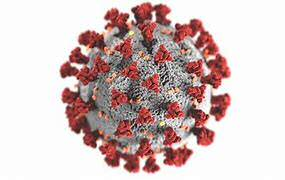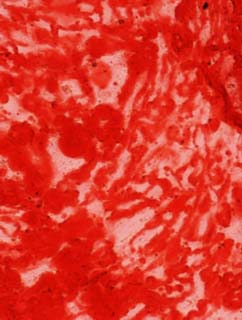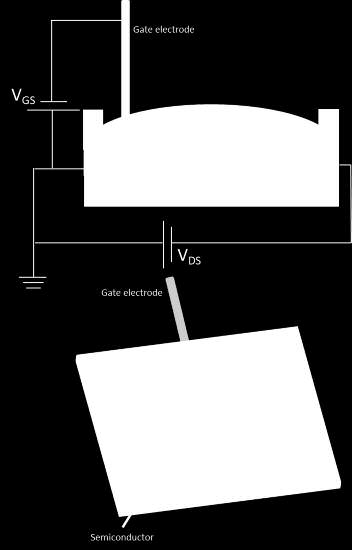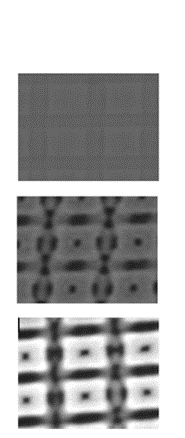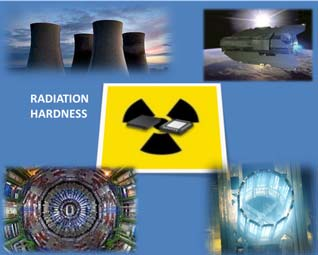infections by virus of the family Coronaviridae CSIC has identified new quinoline derivative compounds for use in the treatment and/or prevention of viral infections by virus of the family Coronaviridae, especially by respiratory syndrome-related coronavirus such as SARS-CoV-2 and hCoV-299E.
Industrial partners from the pharmaceutical industry are being sought to collaborate through a patent licence agreement and/or a co-development agreement.
New antivirals against SARS-CoV-2 and other coronavirus infections are urgent need The on-going pandemic of COVID-19, is caused by the infection of severe acute respiratory syndrome coronavirus 2 (SARS-CoV-2). The virus was first identified in Wuhan (China) in Dec 2019, and it spread out the world rapidly. As of 14 September 2021, more than 225 million cases and 4,63 million deaths have been confirmed, making it one of the deadliest pandemics in history. Due to the fact that the only antiviral against SARS-CoV-2 infection that has been approved until now, remdesivir, is unspecific, injectable, and with limited antiviral effect against COVID-19, there is an urgent need for the identification of novel effective antivirals against SARS-CoV-2. The inventors have screened various libraries of compounds from in-house CSIC collections and have identified some new quinoline derivatives as potential agents for the treatment and/or prevention of viral infections by viruses from the family Coronaviridae.
Main innovations and advantages
· New compounds with potent antiviral activity against infections by SARS · CoV-2 and other coronaviruses (such as hCoV-229E).
· Lead compounds are non-toxic (CC50 >50 M) and potent inhibitors of SARS · CoV-2 infection (EC50 1.6 M; and EC90 7 M) in several human lung carcinoma cells.
· To confirm that the effect displayed by the identified compounds was indeed directly related to an antiviral effect, infection efficiency was evaluated by the detection of intracellular viral antigen accumulation (immunofluorescence microscopy) and by intracellular viral · RNA quantification in cells monolayers inoculated with the virus in the presence of non-toxic compound concentrations.
· Determination of MTD (maximum tolerable dose) and efficacy activity in in vivo mouse model are currently on-going.
